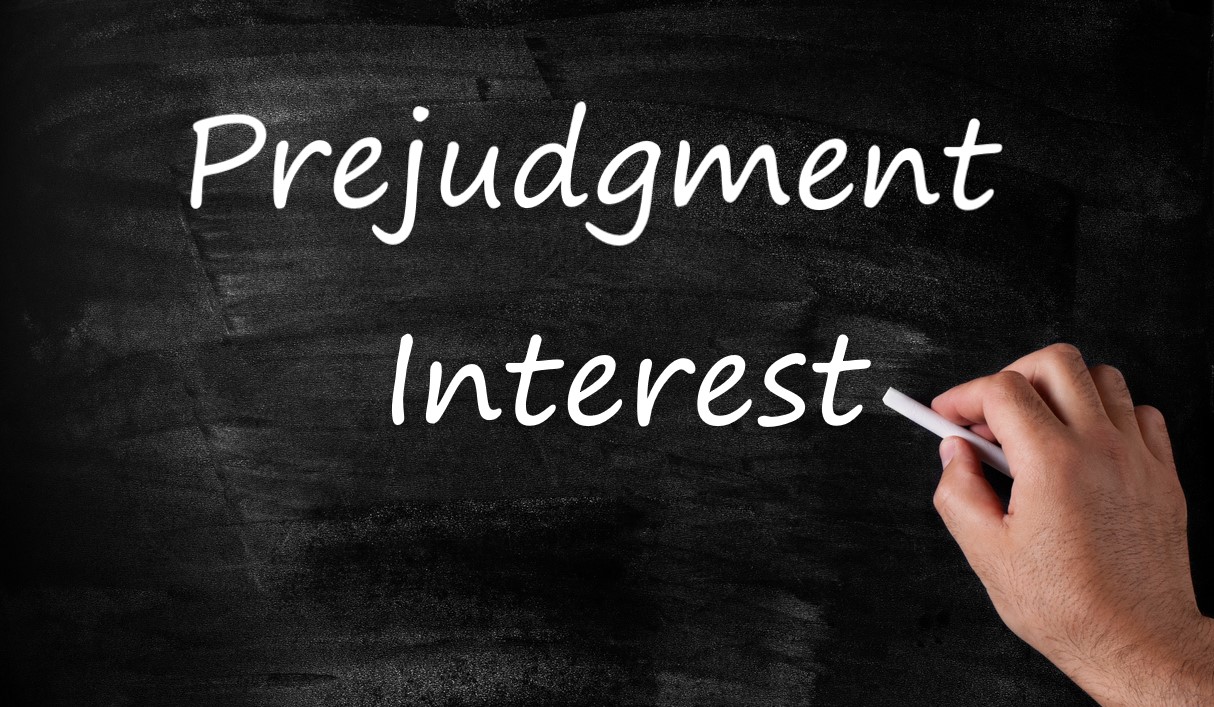Determining and calculating pre-judgment interest has been the topic of many blog posts over the years. Recently, the Minnesota Court of Appeals addressed this issue of what triggers the running of statutory interest in the case of Blehr v. Anderson, No. A20-0691, 2021 WL 79163 (Minn. App. Jan. 11, 2021). While this case arises in the context of an insurance dispute arising from an automobile accident, it applies to property insurance disputes.
In relevant part, Minn. Stat. §549.09 provides:
Except as otherwise provided by contract or allowed by law, preverdict, preaward, or prereport interest on pecuniary damages shall be computed…from the time of the commencement of the action or demand for arbitration, or the time of a written notice of claim, whichever occurs first, expect as provided herein. The action must be commenced within two years of a written notice of claim for interest to being to accrue from the time of the notice of claim.
The Minnesota Court of Appeals in Blehr was faced with determining, as a matter of first impression, what constitutes “written notice.” The appellate court ultimately concluded that Minn. Stat. §549.09 does not require a demand for a specific amount of money, but instead must contain sufficient information, in conjunction with the information known to the noticed party, to allow the noticed party to determine its potential liability from a generally recognized objective standard of measurement.
The major take-away from the Court’s ruling is that the notice itself does not require “demand for a specific amount of money.” Now, that is not to say it is enough to merely report a claim. In that regard, it is worth noting the written demand that triggered interest in Blehr included more detailed information from plaintiff’s counsel. The letter advised of the representations, the accident, advised the plaintiff was making a claim, and requested information regarding the policy including its limits. While merely advising of representation, a loss, and requesting a certified copy of the policy may not be enough in and of itself to trigger pre-judgment interest in a property insurance claim, it does leave open the opportunity for prejudgment to be triggered by a written demand with something less than a final estimate. Certainly, including additional information in the initial written notice about the scope and extent of the damages would be a good place to start!




